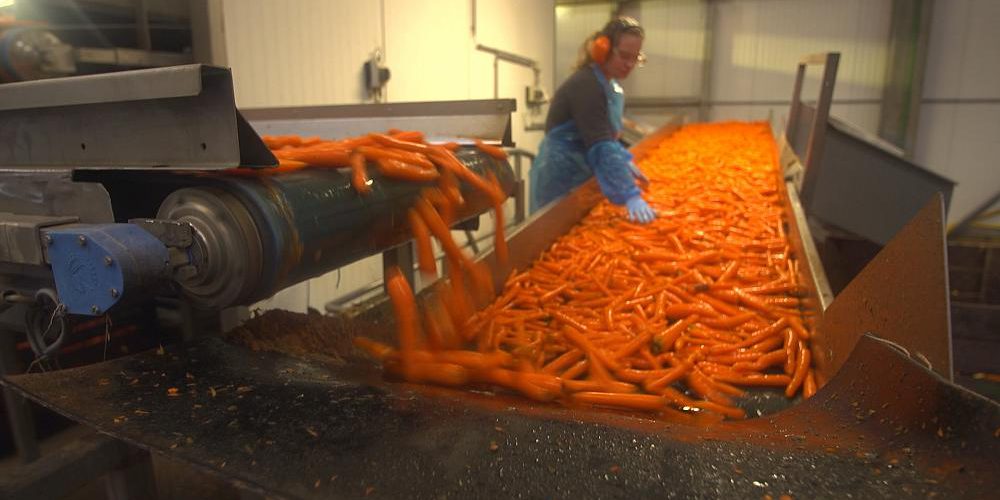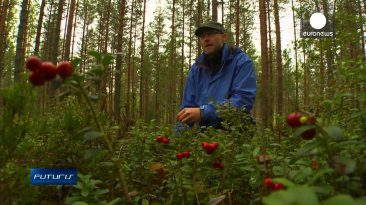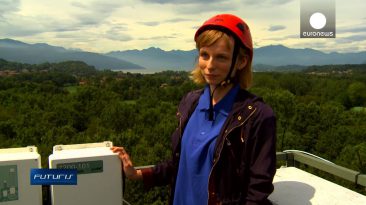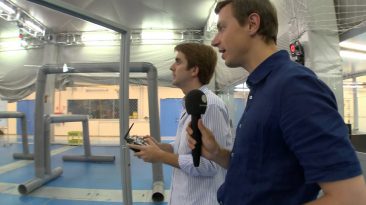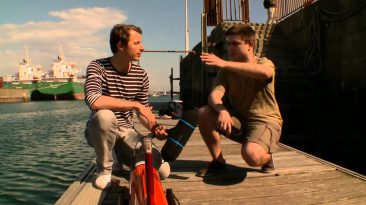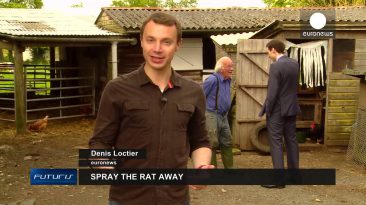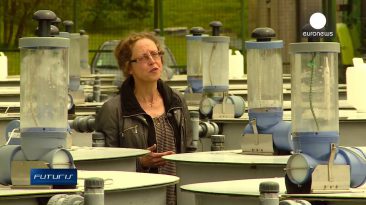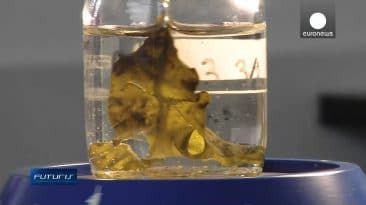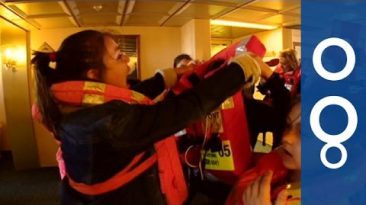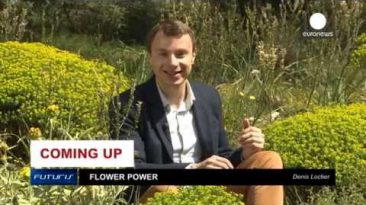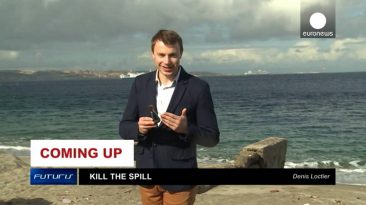Forests are not just a source of timber; mushrooms, berries, nuts and other gifts of nature play an important role in the bio-economy of forest...
Category - Futuris
Forests are the green lungs of our planet. During the day, trees absorb carbon dioxide and produce the oxygen we need to breathe. But at...
Flying robots can help people out in dangerous situations. Unmanned vehicles with dexterous arms can pick up and carry objects, or build...
Underwater robots can explore seas and rivers, gathering in groups to solve problems together, if they learn to cooperate. How can we teach robots...
Rats damage crops, buildings and infrastructure, costing billions of euros every year. They also carry more than 60 diseases that threaten humans and...
One out of every two fish which we eat has not been caught in the sea but raised on a farm. Can aquaculture make fish tastier and more...
Over 99% of the microscopic inhabitants of the world’s seas have still not been scientifically studied, even though many of them might be useful to...
Ship evacuations sometimes turn chaotic, ending in tragedy. In this episode of Futuris, we look at why this happens and what can be improved with new...
Most of the plants on our planet are still a mystery to science to a large extent, as the chemical composition of most species has never been fully...
The sea is naturally self-cleaning because most pollution is eaten by microorganisms living in the water. But that process takes time. Too much time...


